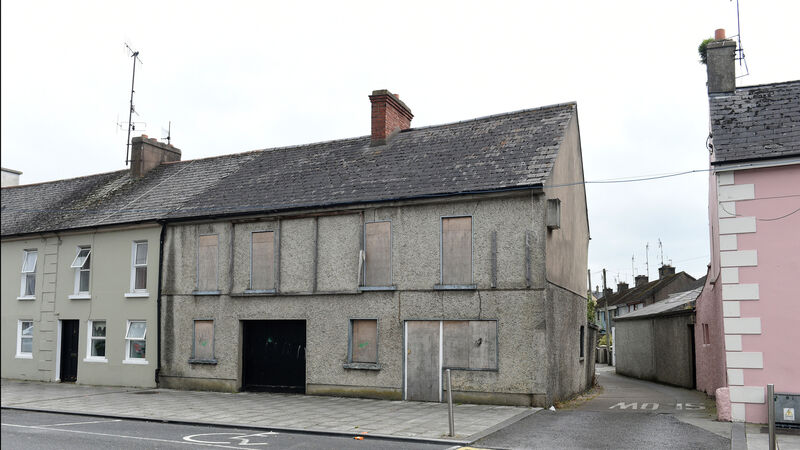Government will fund local authorities to buy 1,500 derelict and vacant homes

Each local authority has submitted a list of properties to the Department of Housing that it deems suitable for purchase.
Over 1,500 derelict and vacant homes have been identified by local authorities across the country for purchase with an acquisition cost of €437m.
Cabinet agreed to meet 100% of the costs for local authorities to acquire long term vacant and derelict properties under the Urban Regeneration and Development Fund (URDF).














